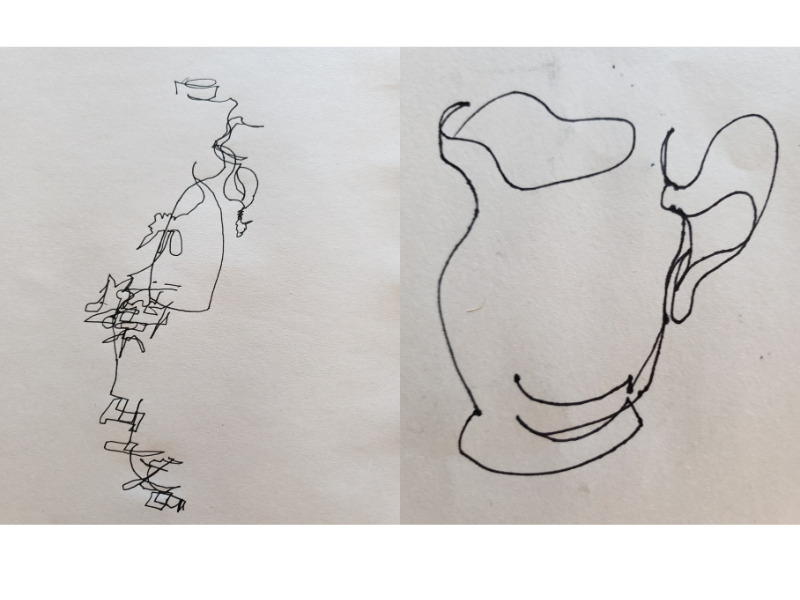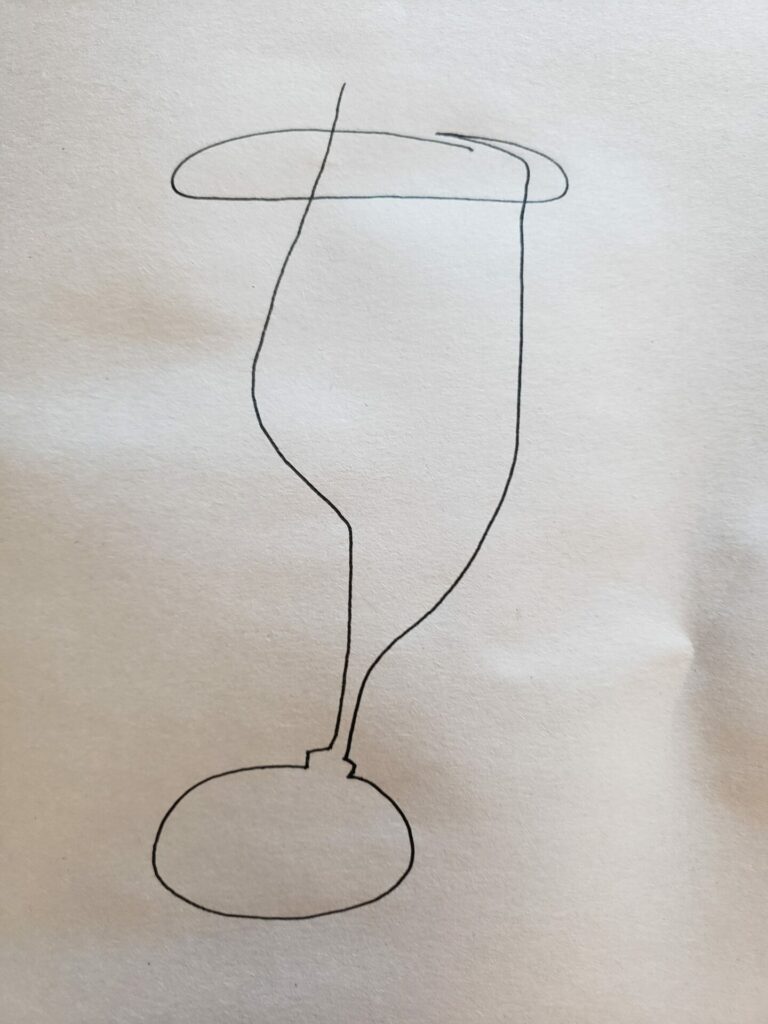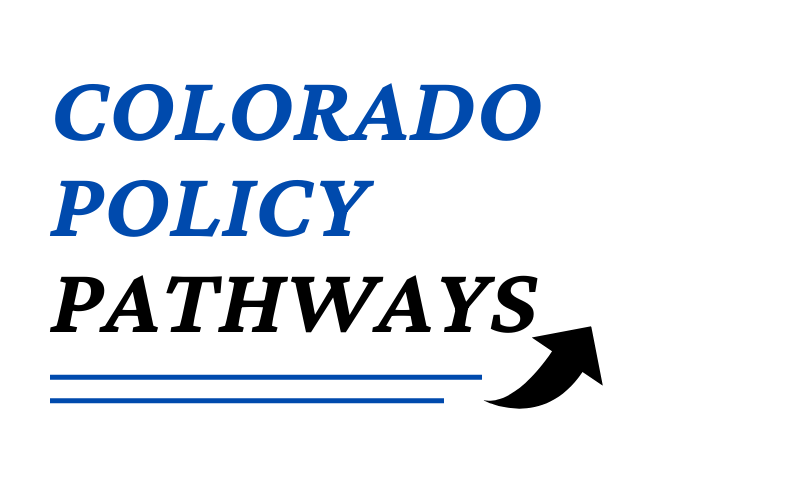
We all yearn for not just material wealth but spiritual wealth as well. Yet there are infinite paths and many are unseen until we travel them.
My fascination with the intersection of art, entrepreneurship, and government policy has helped me to see how art holds the power to teach us valuable lessons. These may keep us heading in the right direction. It will raise our awareness and prevent us from being led to a dreary, fragile existence.

A journey to resist a guttural obsession with outcome
The challenge of blind contour drawing is to draw an object without lifting your pen while also not looking at (or criticizing!) your hand and drawing surface.
As someone who has always been afraid even to try visual art (that’s a topic on its own), I found this incredibly interesting. It transfers to so many creative pursuits. Can we push aside our expectations for a result that matches our vision to fully engage in exploring the edges of our capabilities?
The uncomfortable reality of professional creatives
In a recent interview with John Cleese, the philosopher/comedian shared that in comedy, as in so many artistic pursuits, you never know if something is going to work or not. Yet some of the most iconic works have been launched into the unknown by someone with the courage (and freedom!) to do so. To make his point on courage – he shares a claim that comedy is one of the few professions that provides such immediate feedback. The other is bullfighting. Ha.
We are all creatives in one way or another
I remember reading that Emory University’s engineering department required their students to concurrently study some discipline in the arts – the aesthetic arts. This approach makes so much sense to me as I try to break down what often holds us back on our unique playing field of diverse creative pursuits. In the conventional arts, we recognize these foundational creative principles more readily than in the broader utilitarian arts. Focus on process. Vision provides direction but should not bar us from critical exploration.
Music, fine arts, and more – photography, cooking, fashion, and design – perhaps we should consider exploring across many arts with an amateur’s eye.
Why it all matters to a rich and fulfilling future
Artistic exploration will give us a better perspective on what adds richness to society. But more importantly, it might also help us to recognize more clearly what is necessary to support that.
We must be more comfortable with the reality that we cannot see what does not yet exist. To preserve a vibrant society, we should redirect our thinking. Our current goals of achieving security risks making us fragile. We should focus on building our capabilities and courage to wrangle with whatever comes our way so that we can somehow land on our feet in a world that provides us spiritual, not just material, wealth.


 The drive to create underlies mastery – a trumpet soloist adds a twist to Vivaldi.
The drive to create underlies mastery – a trumpet soloist adds a twist to Vivaldi.